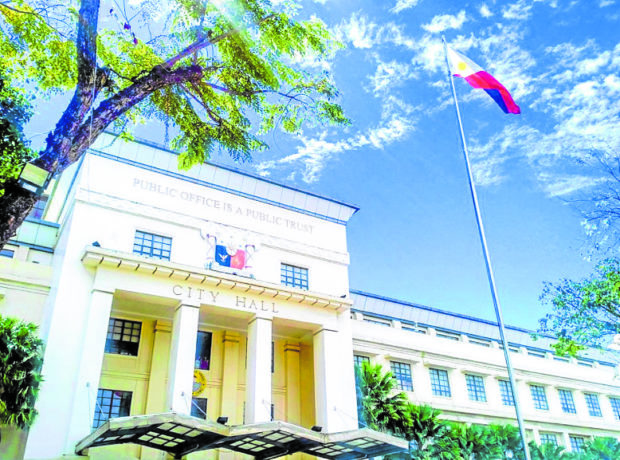CEBU CITY, Cebu, Philippines — The continued state of the city’s enhanced community quarantine (ECQ) due to rising cases of the new coronavirus disease (COVID-19) has crippled the collection of taxes, which, in turn, may lead to the cancellation of some government projects, according to a city official.
From March 30 to July 1, 2020, the Cebu City Treasurer’s Office was only able to collect P297,035,603.01, or just about a third of the nearly 1 billion pesos, or P910,588,574.53, it received during the same period last year.
Councilor Raymond Garcia, the chair of the city council’s committee on budget and finance, feared that several projects which were already given funds in the annual budget could be stopped if the collection would still plummet.
“Taxes are the lifeblood of government operations. We cannot overemphasize that. That’s how the government works. Without the taxes paid by the people or business entities, we don’t have money to carry out government projects and programs or to even pay employees,” Garcia told the Inquirer on Sunday.
Amnesty
The deadline for payment of business and real property taxes has been pushed to July 31, giving the city a little over three weeks to intensify the collection of taxes.
“We somehow expected the decreased collection since our people cannot go out to collect taxes or pay their dues. Businesses are also closed. I really hope that the ECQ will be lifted,” Garcia said.
The councilor had earlier proposed to the city council to pass the Tax Amnesty Ordinance, which would allow establishments facing tax penalties to pay only 10 percent of their fines instead of the full 70 percent.
“I believe it will do two things. First, it will encourage taxpayers to settle their dues since they now have to pay the principal amount plus only 10 percent of the tax penalties. The city government, in a way, is helping them ease the burden,” Garcia said.
“Second, we are increasing the collection of the government. The more people will pay, the more money for the government. It’s very vital not only for taxpayers but also the government. Businesses are hurting due to COVID-19. The city government is really looking for ways to alleviate or ease the situation and lessen the burden of our taxpayers.”
But if the city government will really fall short of its collection, Garcia said Mayor Edgardo Labella had to stop or slow down expenditures on infrastructure projects that might not be considered urgent.
“We might have to forgo some programs and projects,” the councilor said.
By August, Garcia said it would be clear if the city could still reach its target of P9 billion in taxes this year, with the economy still reeling from the effect of the pandemic.
Cebu City was first placed under ECQ on March 28 to May 31. On June 1, its status was downgraded to a more relaxed general community quarantine, which led to the reopening of some businesses and public transportation.
But on June 15, President Duterte decided to put the city under ECQ again due to the rising number of COVID-19 cases, as well as the city’s problem of providing critical health-care assistance to patients.
As of July 4, the Department of Health recorded 6,621 COVID-19 cases in Cebu City, including 225 deaths. INQ
/atm
